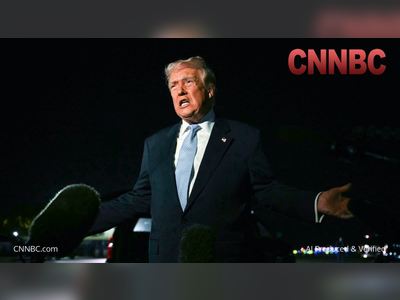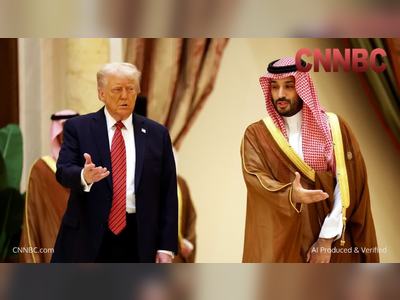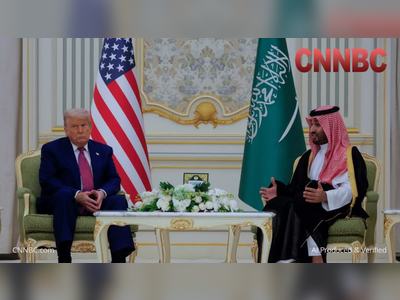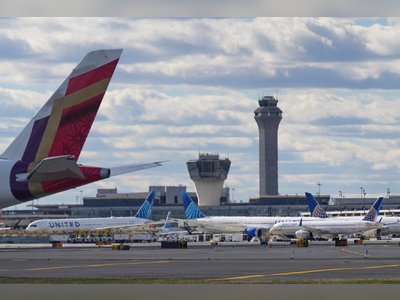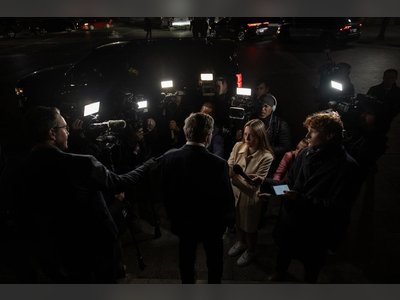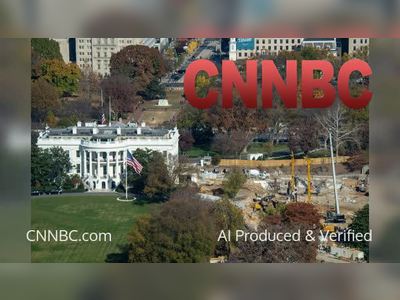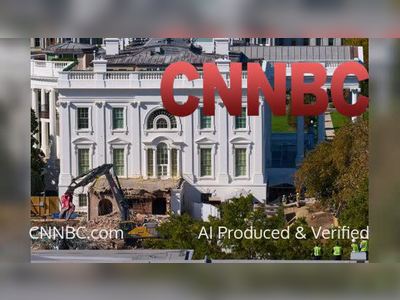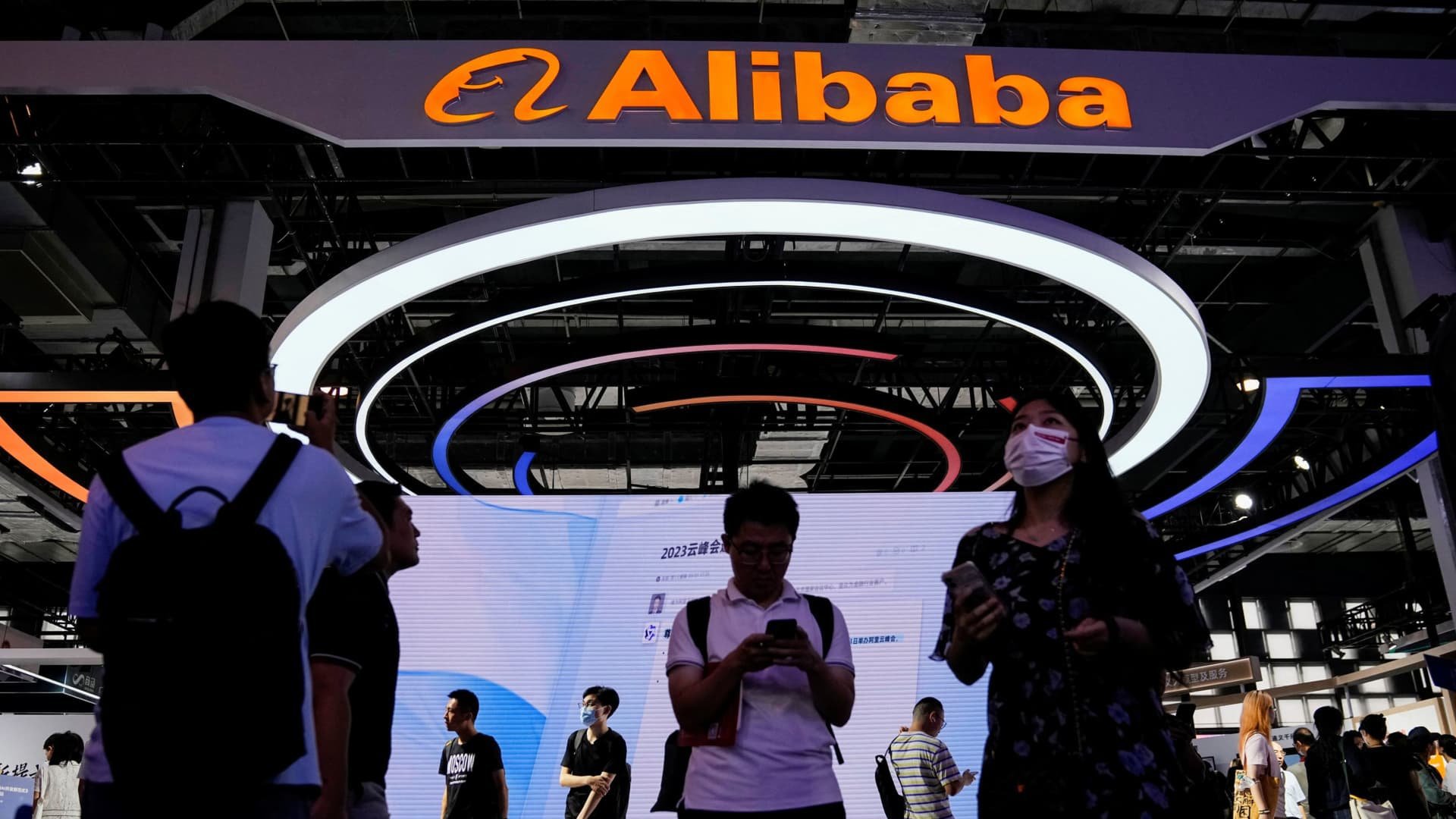
White House Memo Accuses Alibaba of Supporting Chinese Military Operations Against U.S.
U.S. intelligence alleges the tech giant provided data and services to the People’s Liberation Army, triggering share drop and broad denials
A newly revealed national security memo from the White House asserts that Alibaba Group has provided technological support to the People’s Liberation Army of China, enabling operations directed at targets in the United States.
The document, dated November 1, 2025, and reported by the Financial Times, cites declassified “top-secret” intelligence that Alibaba allegedly delivered access to customer data including IP addresses, WiFi details and payment records, as well as artificial-intelligence services and “zero-day” software vulnerabilities.
The alleged support is portrayed as part of China’s military-civil fusion strategy, embedding advanced commercial technology into military operations.
The memo does not detail specific U.S. targets or forthcoming U.S. responses.
The U.S. government has declined to confirm or elaborate on the contents of the memo.
Alibaba swiftly rejected the claims, describing them as “complete nonsense” and attributing the leak to a “malicious PR operation” intended to undermine the recent trade deal between Donald Trump and Xi Jinping.
Meanwhile, the Chinese embassy in Washington called the allegations “a complete distortion of facts” and insisted that China will never compel companies to violate foreign laws on data collection.
In financial markets, Alibaba’s U.S.-listed shares fell by around four per cent on news of the memo, underscoring investor concern over potential regulatory and reputational fallout.
Some U.S. lawmakers responded by revisiting calls to delist Chinese companies over national-security risks.
Analysts say the revelation could accelerate scrutiny of Chinese cloud and artificial-intelligence firms and raise fresh questions about U.S. dependence on ostensibly commercial tech providers.
One former U.S. intelligence official described China’s cyber operations as “unprecedented” in depth and breadth, citing earlier warnings of “system-destruction” capabilities.
As Washington considers next steps, the incident highlights the tension between trade diplomacy and national-security concerns, placing the tech-military nexus of China’s economy under sharper focus than ever.
The document, dated November 1, 2025, and reported by the Financial Times, cites declassified “top-secret” intelligence that Alibaba allegedly delivered access to customer data including IP addresses, WiFi details and payment records, as well as artificial-intelligence services and “zero-day” software vulnerabilities.
The alleged support is portrayed as part of China’s military-civil fusion strategy, embedding advanced commercial technology into military operations.
The memo does not detail specific U.S. targets or forthcoming U.S. responses.
The U.S. government has declined to confirm or elaborate on the contents of the memo.
Alibaba swiftly rejected the claims, describing them as “complete nonsense” and attributing the leak to a “malicious PR operation” intended to undermine the recent trade deal between Donald Trump and Xi Jinping.
Meanwhile, the Chinese embassy in Washington called the allegations “a complete distortion of facts” and insisted that China will never compel companies to violate foreign laws on data collection.
In financial markets, Alibaba’s U.S.-listed shares fell by around four per cent on news of the memo, underscoring investor concern over potential regulatory and reputational fallout.
Some U.S. lawmakers responded by revisiting calls to delist Chinese companies over national-security risks.
Analysts say the revelation could accelerate scrutiny of Chinese cloud and artificial-intelligence firms and raise fresh questions about U.S. dependence on ostensibly commercial tech providers.
One former U.S. intelligence official described China’s cyber operations as “unprecedented” in depth and breadth, citing earlier warnings of “system-destruction” capabilities.
As Washington considers next steps, the incident highlights the tension between trade diplomacy and national-security concerns, placing the tech-military nexus of China’s economy under sharper focus than ever.


